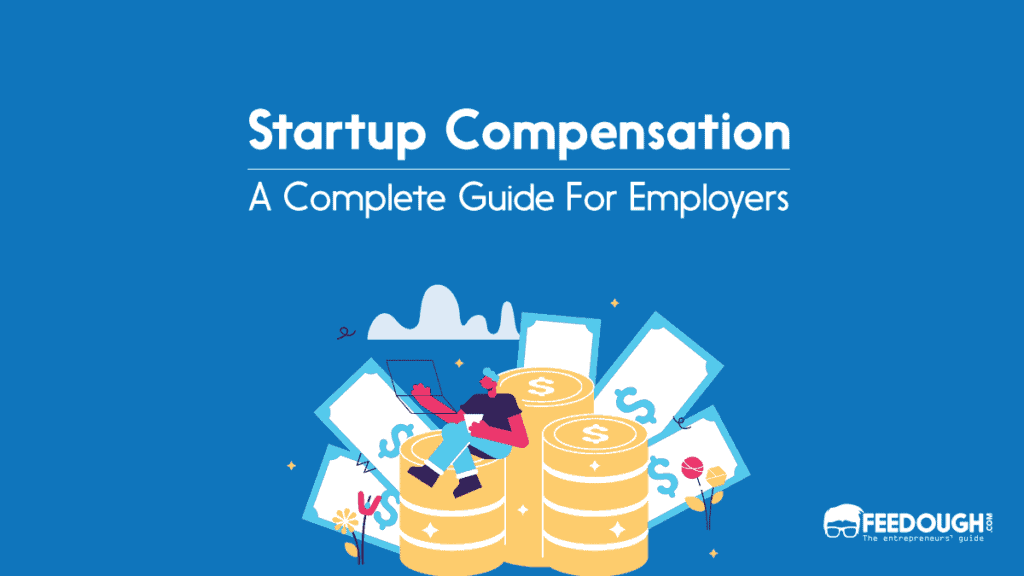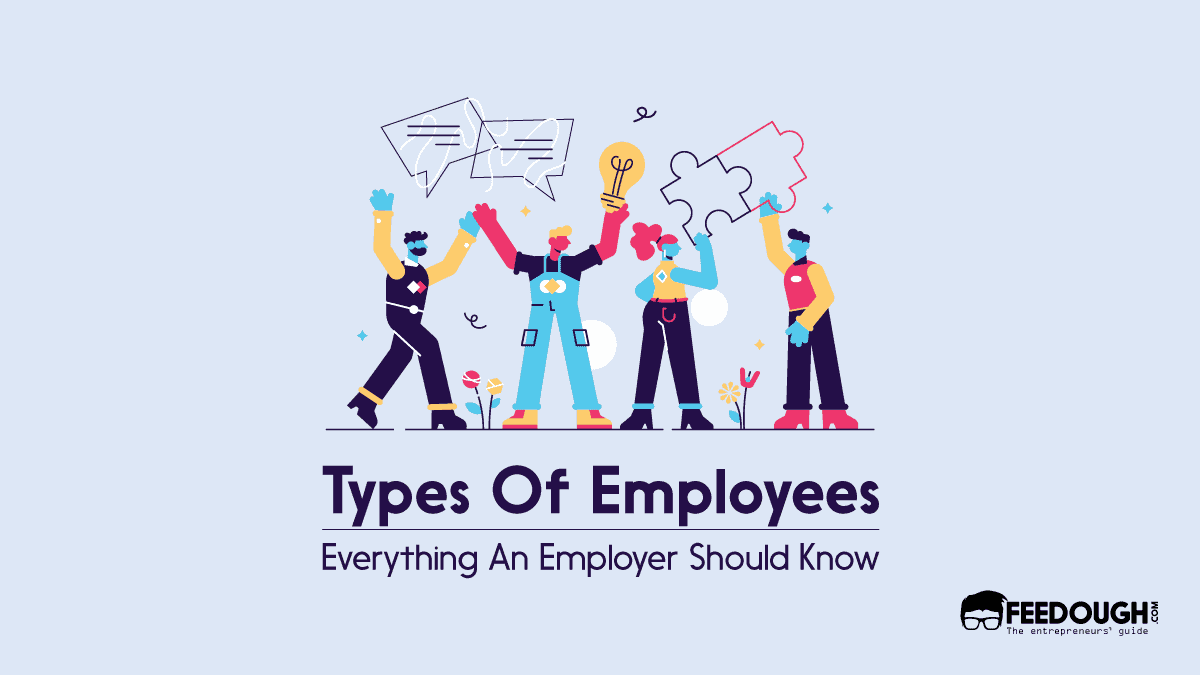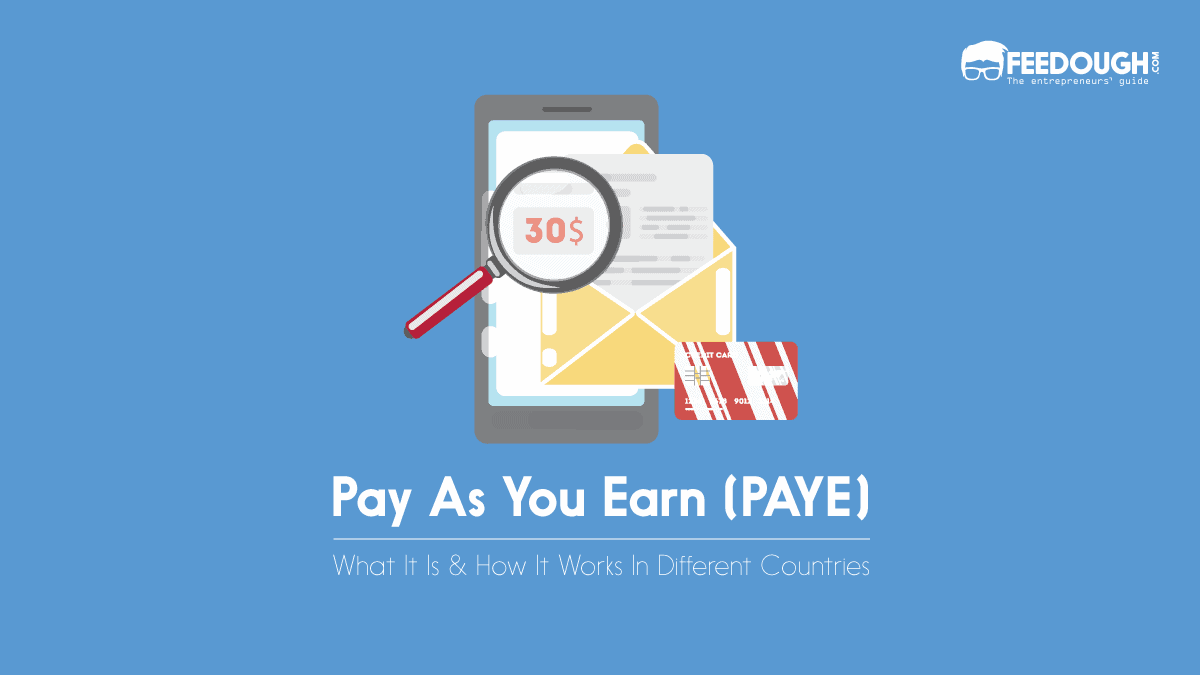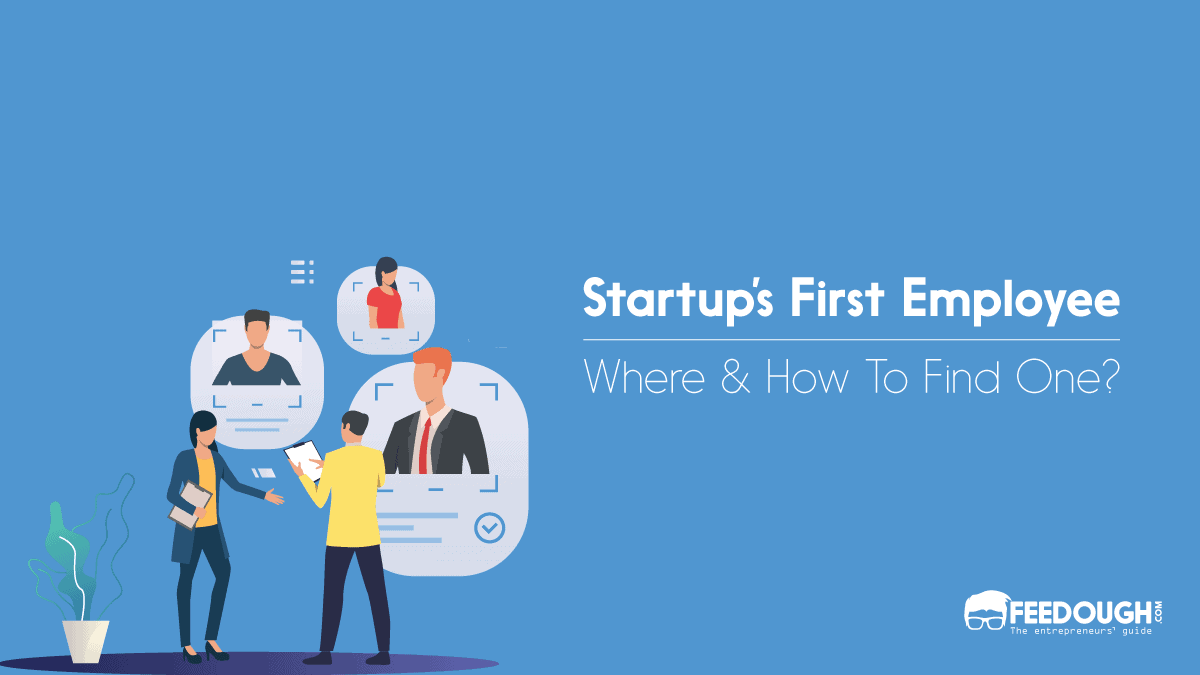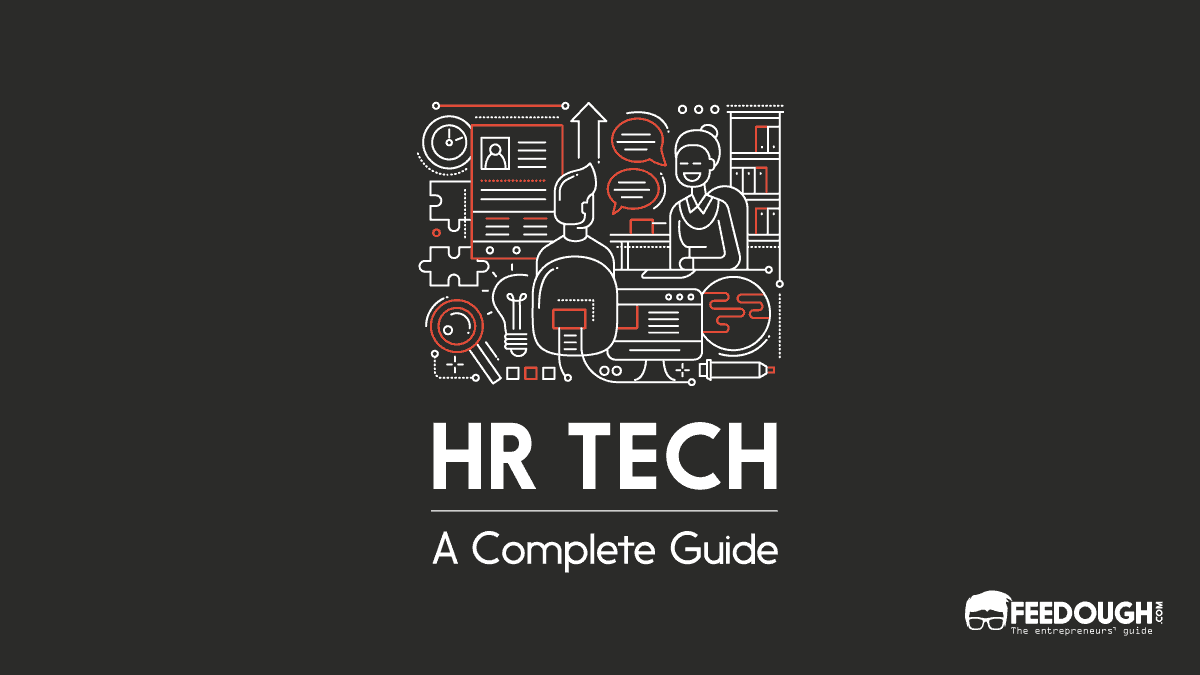Working in a startup is not easy. It requires immense investment in terms of time, money, and effort. You must have thought of product development, fundraising, and marketing to be tough jobs, but that’s the thing about managing businesses: even the simplest-seeming tasks are challenging to accomplish.
One of these is deciding employee compensation in startups. Even though this seems like an odd job, it’s tough to fix an appealing compensation package for employees in a way that it doesn’t burden your scarce resources.
But don’t you worry; we are here to guide you.
How To Design A Pay Structure For Startup Workers Better?
Founders tend to try doing most of the company’s jobs themselves to reduce operating expenses. However, this is not a conducive strategy as it may hamper their productivity and distract them from the most important tasks. Therefore, it is better to create a good hiring and startup compensation strategy to ensure the right quality and quantity of the workforce. For this, you need to understand the type of workers you can work with because an ideal balance of employees and contingent workers helps you save costs.
Employees
Employees are the workers on a company’s payroll. They generally work with only one organisation at a time, and their employers have considerable authority over them and their work.
An employee’s payslip comprises a salary, perks, incentives, allowances, a contribution to their retirement fund, and sometimes even equity. Also, their employers are supposed to file their taxes.
Full-time Employees
Full-time employees typically work only with one company and require a full salary to support themselves and their dependents. They also need you to file taxes, contribute to their retirement funds, and bear overhead charges like paid leaves and relocation costs.
So, as a startup, you cannot afford many full-time employees. It is recommended to keep them reserved for key positions and hire only skilled professionals. You can go for less-skilled individuals who demand lower salaries, but they would probably not provide good returns in a fast-paced startup environment. Your business requires expertise to grow; give it that.
Also, full-time employee compensation has various components. An attractive salary package is a healthy combination of all this.
- Basic Salary: Basic salary is the fixed taxable amount exclusive of incentives and deductions. It comprises around 35-50% of the total salary and serves as a base for calculating retirement funds, allowances, and sometimes even incentives.
- Contribution to Retirement Funds: As an employer, you will be required to undertake this employee benefits scheme wherein you contribute an amount regularly to their retirement fund. This is usually a fixed portion of the basic salary.
- Allowances: Allowances are additional benefits given to employees during their regular course of work. Some of these, like house rent, conveyance, and books and periodicals allowances, are needed to meet working expenses, while others like medical expenses help with your employees’ well-being.Allowances are usually calculated on the basic salary. You cannot cut back on them because they have become industry standards necessary to attract top talents.
- Gratuity: This is the gratitude amount paid to an employee when they leave the company or retire. It is again calculated on the basic salary and is usually awarded after the employee has worked with the company for five years or more.However, many companies also award gratuity on a pro-rata basis; that is, they award a figure proportionate to the number of years an employee has served the company (regardless of whether five years are over or not).
- Equity: Although not very desirable to owners, equity is the go-to method of compensation in startups. It lets you get away with paying less salary and adds an employee’s stake in the business. This further incentivises them to work harder and stay longer. You can award equity to your employees in two ways:
- Sweat Equity: These are the stocks issued to an employee for their work that may have led to a valuable addition to the company. Generally, the first key employees of a company, especially those who help create an IP, receive sweat equity.
- ESOPs: ESOP or Employee Stock Ownership Plan is a benefit scheme under which employees get entitled to a company’s stock appreciation value or get an option to purchase its shares at a lower price. They are commonly undertaken by new businesses and are subject to employees’ loyalty to the company.
- Employee Stock Option Scheme: This gives an employee the right to purchase your company’s stocks at a specified price with their pre-tax money. These stock options are generally bought back when the employee leaves.
- Employee Stock Purchase Plan: Here, the employee gets an option to purchase your company’s stocks at a discount from the market value with their after-tax money.
- Restricted Stock Units: Restricted stock units are the rights to receive shares on a pre-determined date if an event occurs or certain conditions are fulfilled.
- Stock Appreciation Rights: These are the rights of your employee on a monetary value equal to the appreciation of your company’s stocks over a specified period.
- Phantom Stocks: Here, employees don’t receive actual stocks but mock stocks that follow the same price movement as real ones and give out resulting profits.
- Additional Benefits: This includes leave travel allowance, gym membership, and other additional benefits your employees might get in their previous companies. However, you cannot afford this as a startup, and you need to be upfront about this.
- Deferred Payment: Deferring payment keeps aside a part of your employee’s salary that they can withdraw in the future. This is common in pre-seed stage startups that promise to pay their employees once they get funded. However, it is not legal in many countries to defer one’s full salary; you need to pay a minimum wage at least.
Part-time Employees
Part-time employees like stay-at-home parents and students usually have other commitments because of which cannot take up full-time employment. So, they do not expect much money. Also, there is no hassle regarding their bonuses and allowances. You can choose to give incentives on a pro-rata basis or not give them at all; it’s up to you (although they deserve it).
However, since they are paid less, you cannot expect them to prioritise your work over other commitments.
Temporary Employees
They are short-term employees hired temporarily for part-time and full-time projects. They might or might not be looking for permanent roles.
Although they stick with you only briefly, they are your employees at the time. Hence, they are entitled to a proper compensation package like permanent employees. They deserve the same incentives and allowances; you also need to file their taxes.
However, contributing to a temporary employee’s retirement funds may or may not be mandatory. Go through your country’s laws before recruiting temporary employees.
Seasonal Employees
Seasonal employees are the temporary employees whose skills come in handy only during certain months of the year. For instance, agriculture-based startups employ more people during the harvest season. Similarly, the tourism industry boosts with employment opportunities during holidays.
While seasonal employees are compensated like the temporary ones, you may have to provide insurance if they work with you for six months or more. This again depends on your country’s laws.
Leased Employees
Leased employees are temporary employees hired through recruitment agencies. They are technically the employees of the agency that is leasing them to you. So, you need to pay the agency for its services. It then takes a cut and pays the employees as per its policies.
Although partnering with a hiring agency tends to be costly, it provides you with the right people on short notice; also, your work gets reduced since you don’t have to decide the compensation package now.
Job-share employees share one full-time task among themselves. In other words, job share employment requires you to divide one full-time job between two or more people, who may work together as a team or on a shifting basis.
These employees are technically part-time employees finishing a full-time job together. Therefore, the ideal scenario requires you to divide their salaries, allowances, incentives, and benefits proportionately. Here, you need to be more fair and transparent about work division and compensation; else, the arrangement might not work.
Job share employment generally appeals to startups because of the increased productivity of two satisfied employees rather than one overburdened worker. The novelty of the concept is another attractive factor. However, it isn’t easy.
You need to plan the specifics very seriously. You have to see that the division of work, resources, and compensation is done well and fairly. You also need to make sure that the team is getting along with each other. Also, since its legal aspect isn’t clear in most industries, you have to consult a lawyer before hiring job-share employees.
Contingent Workers
Unlike employees, contract workers are not a part of your organisation; they partner with you on a project or term-based contract. Also, you don’t have as much authority over contingent workers as on your employees; you don’t even have to file their taxes or contribute to their retirement funds. Just pay them the amount you agreed on, and you are done.
Generally, there are three types of contingent workers: freelancers, consultants, and interns.
Freelancers
Freelancers are self-employed skilled professionals who work hands-on with you, usually on a project basis. They are hired for the tasks that need to be outsourced or performed only a few times; for example, digital marketing, writing, designing, blockchain development, and web development. Some jobs like virtual assistance require freelancers to work on a time-based contract.
Freelancers usually charge a fixed amount for their work. So, you don’t need to make any decision here; they decide the compensation. Just pay as per the agreement.
Consultants
Consultants, on the other hand, are self-employed professionals who guide you in their respective domains. These domains usually include law, accounts, marketing, business management, and product development. Consultants don’t work on a project but rather help you and your team of cofounders, executives, and other employees do it better.
They are paid a fixed amount per project, per hour, or even per week or month, just like freelancers. However, top-notch consultants or those who assist you with too much work or help build an IP may be given equity.
Interns
They are generally students or graduates who need experience and work certificates more than money. So, if you treat them well and teach them enough, they will not mind working for lower stipends.
However, interns are not skilled at their job; you need to guide them at every step. They may also not produce quality work and prioritise other commitments over your company. So, make sure that you hire interns in junior positions; only capable ones should be promoted.
How to Decide on a Pay Structure for Startup Organisation?
There is no one way to decide how much to pay your employees. A good workforce comprises an adequate number of full-time employees, part-time workers, interns, and contract workers; their salaries are a healthy mix of all the payslip components. However, framing startup compensation packages depends completely on your situation.
- Consider the stage you are in: Startups generally require highly skilled employees in their initial days. However, they do not have enough cash to pay them, so early-stage startups hire full-time employees only for key positions and give them equity or defer their payment. Other jobs can be done by interns, contract workers, and the owners themselves.
- Assess your Cash flow: Your expenses should be determined by the amount of cash flowing into your business. This is why bootstrapped startups tend to pay less in cash and more in equity. You may also have to defer your employees’ compensations or take on an investing cofounder. However, monetary payment can be increased once you raise capital.
- See what role you are hiring for: Key positions need to be filled by skilled full-time/ part-time/contract professionals who demand more payment. Unlike interns, you cannot expect them to work for little or no compensation. So, here you need to design an appealing pay package comprising a healthy balance of salary, equity, and incentives. This is the trickiest part of deciding on a pay structure for your startup organisation.
- Strike a balance: While contract workers, interns, and even part-time employees can be paid a fixed sum for their services, the compensation packages for full-time employees must be balanced in terms of salary, equity, allowances, and deferred compensation. Equity is your go-to payment method, but make sure that you do not part with a huge chunk of it. Instead, try paying salaries or deferring a portion of it. Just make sure to hire a lawyer drafting a deferral clause. You must also fix a less basic salary to save money in gratuity, taxes, and contribution to retirement funds. Give more allowances to make up for it.
- Compute ROI: As a startup, you are supposed to get high returns on low investment. So, experiment with different startup compensation structures to reach the one that provides the highest ROI.
- Build an appealing work culture: People like working with startups because of their inclusive growth culture; unlike huge corporates, everyone’s presence and judgments matter here. So, make sure to provide your employees with this environment. Ask them about their expectations from the company and try to give them that. Convey your plans and vision, and keep them in the loop about new developments. Remember that these people (especially your key employees) might be earning a huge opportunity cost to stick with you so make sure that it’s worth it.
While designing a compensation framework, make sure to keep everything transparent. If you pay someone more because of their personal conditions, be honest about it; you don’t want people talking behind your back. Also, don’t categorise your full-time employees as consultants to save money on gratuity and retirement plans. This may land you in trouble.
Lastly, remember that good startup compensation strategy will keep your employees motivated, but an outrageous one will discourage your investor. So, try being balanced here.
Go On, Tell Us What You Think!
Did we miss something? Come on! Tell us what you think of this article on startup compensation in the comments section.
A finance enthusiast, literature beau and lifelong learner. Working her way up the success ladder and her personal philosophy textbook, Kavvya believes that a good conversation is worth more than a good book. When not working, she can be found reading, writing and engaging in long walks.
